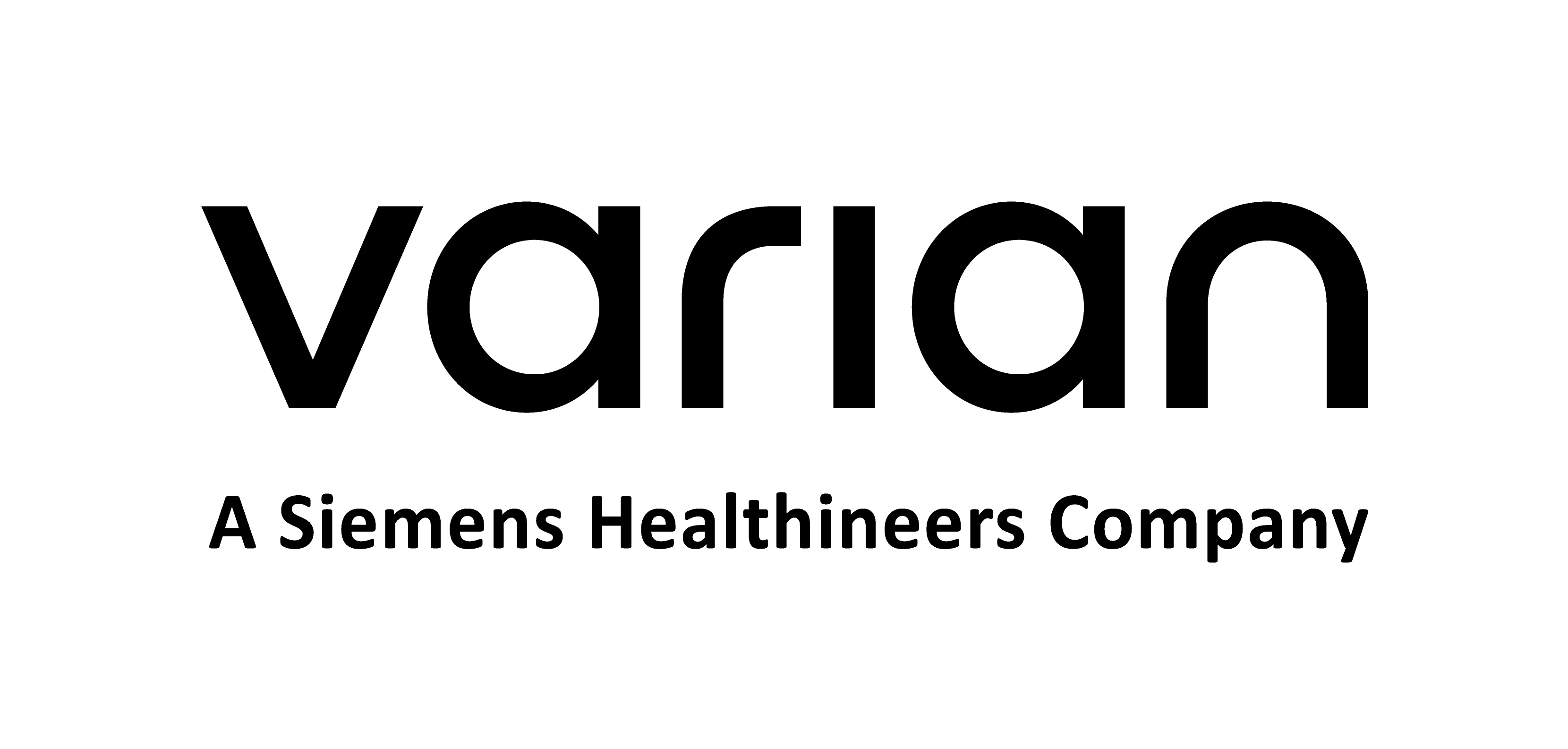This workshop is part of the MICCAI 2022 conference.
The proceedings may be directly downloaded from here.
Overview
Machine learning (ML) systems are achieving remarkable performances at the cost of increased complexity. Deep neural networks, in particular, appear as black box machine and their behaviour can be sometimes unpredictable. Furthermore, more complex models are less interpretable, which may cause distrust. As these systems are pervasively being introduced to critical domains, such as medical image computing and computer assisted intervention (MICCAI), it becomes imperative to develop methodologies for explaining model predictions.
Such methodologies would help physicians to decide whether they should follow/trust a prediction or not, and might help to identify failure cases. Additionally, it could facilitate the deployment of such systems, from a legal perspective. Ultimately, interpretability is closely related with AI safety in healthcare.
However, there is very limited work regarding interpretability of ML systems among the MICCAI research. Besides increasing trust and acceptance by physicians, interpretability of ML systems can be helpful during method development. For instance, by inspecting if the model is learning aspects coherent with domain knowledge, or by studying failures. Also, it may help revealing biases in the training data, or identifying the most relevant data (e.g., specific MRI sequences in multi-sequence acquisitions). This is critical since the rise of chronic conditions has led to a continuous growth in usage of medical imaging, while at the same time reimbursements have been declining. while at the same time reimbursements have been declining. Hence, interpretability can help to improve productivity of image acquisition protocols by highlighting learned features and their relationships to disease patterns.
The Workshop on Interpretability of Machine Intelligence in Medical Image Computing (iMIMIC) at MICCAI 2022 aims at introducing the challenges & opportunities related to the topic of interpretability of ML systems in the context of MICCAI.
Scope
Interpretability can be defined as an explanation of the machine learning system. It can be broadly defined as global, or local. The former explains the model and how it learned, while the latter is concerned with explaining individual predictions. Visualization is often useful for assisting the process of model interpretation. The model’s uncertainty may be seen as a proxy for interpreting it, by identifying difficult instances. Still, although we can find some approaches for tackling machine learning interpretability, there is a lack of formal and clear definition and taxonomy, as well as general approaches, as well as regulatory frameworks. Additionally, interpretability results often rely on comparing explanations with domain knowledge. Hence, there is need for defining objective, quantitative, and systematic evaluation methodologies.
This workshop aims at fostering the discussions, presentation of ideas to tackle the many challenges and identifying opportunities related to the topic of interpretability of ML systems in the context of MICCAI. Therefore, the main purposes of this workshop are:
- To introduce the challenges/opportunities related to the topic of interpretability of machine learning systems in the context of MICCAI. While there have been workshops of interpretability of machine learning systems in general machine learning and A.I. conferences (NeurIPS, ICML), to the best of our knowledge, iMIMIC is the only workshop dedicated to the medical imaging application domain.
- To understand the state of the art of this field. This will be achieved through the submitted manuscripts and the invited keynote speakers.
- To join researchers in this field, and to discuss the issues related to it and future work.
- To understand the implications of (or lack of) interpretability of machine learning systems in the MICCAI field.
Covered topics include but are not limited to:
- Definition of interpretability in context of medical image analysis.
- Visualization techniques useful for model interpretation in medical image analysis.
- Local explanations for model interpretability in medical image analysis.
- Interpretability methods to make use of multimodal data.
- Causal interpretability.
- Methods to improve transparency of machine learning models commonly used in medical image analysis.
- Textual explanations of model decisions in medical image analysis.
- Uncertainty quantification in context of model interpretability.
- Quantification and measurement of interpretability.
- Legal and regulatory aspects of model interpretability in medicine.
Preliminary Program
The program of the workshop includes keynote presentations of experts working in the field of interpretability of machine learning. A selection of submitted manuscripts will be chosen for long oral presentations (9 minutes + 3 minutes Q&A) and short oral presentations (6 minutes + 3 minutes Q&A) alongside the keynotes. Finally, we will have a group discussion which leaves room for a brainstorming on the most pressing issues in interpretability of machine intelligence in the context of MICCAI.
Preliminary program:
SGT time - September 22nd
Best paper award
Congratulations to the authors of the best paper award iMIMIC 2022!
"Towards Self-Explainable Transformers for Cell Classification in Flow Cytometry Data" by Florian Kowarsch et al. [PDF]
Keynote speakers
-
Ruth Fong, Princeton University, USA.
Title: Directions in Interpretability

Abstract: In this talk, we’ll compare how the past decade of interpretability has tracked with the broader research community and highlight several novel directions that are important for keeping pace with the next decade of research breakthroughs.
-
Alexander Binder, University of Oslo, Norway.
Title: XAI beyond looking at heatmaps - towards directions for model improvement

Explainability has been employed to visually confirm expectations of which parts of an input a model should use.
Abstract: In this talk we will use explainability also in feature space to actually improve models.
This talk will come with a small practical part on how to compute explanations for common deep learning models with LRP (resnets, densenets, efficientnets), ensuring that appetites for the eyeballing of heatmaps are satisfied as well.
Paper submission
Authors should prepare a manuscript of 8-10 pages, including references. The manuscript should be formatted according to the Lecture Notes in Computer Science (LNCS) style and anonymized. As per previous years, we will have preference to publish proceedings following MICCAI Springer’s publication model.
All submissions will be reviewed by 3 reviewers. Authors will be asked to disclose possible conflict of interests, such as cooperation in the previous two years. Moreover, care will be taken to avoid reviewers from the same institution as the authors. The selection of the papers will be based on their relevance for medical image analysis, significance of results, technical and experimental merit, and clear presentation. Following previous editions, we will employ Microsoft’s CMT platform to conduct the review process.
We intend to join the MICCAI Satellite Events joint proceedings, and publish the accepted papers as LNCS. We are also considering making the pre-print of the accepted papers publicly available.
The authors of the best paper of the workshop will receive a Best Paper award.
Click here to submit your paper.
Important dates
- Opening of submission system: 9 May 2022
- Paper submission due:
25 June 202229 June 2022 - Reviews due:
9 July 202213 July 2022 - Notification of paper decisions: 16 July 2022
- Camera-ready papers due: 30 July 2022
- Workshop: 22 September 2022
Venue
The iMIMIC workshop will take place as part of MICCAI 2022 conference between 18 September and 22 September 2022 in the Resorts World Convention Centre, Singapore.
More information regarding the venue can be found at the conference website.
Organizing Team
General Chairs
- Mauricio Reyes, University of Bern, Switzerland.
- Jaime Cardoso, INESC Porto, Universidade do
Porto, Portugal
- Jayashree Kalpathy-Cramer, MGH Harvard University,
USA.
- Nguyen Le
Minh, Japan Advanced Institute of Science and Technology, Japan.
- Pedro Abreu, CISUC and
University of Coimbra, Portugal.
- José Amorim, CISUC and
University of Coimbra, Portugal.
- Wilson Silva, INESC TEC
and University of Porto, Portugal.
- Mara Graziani, HES-SO Valais-Wallis, Switzerland.
Program Committee
- Alex Bäuerle, Ulm University, Germany.
- André Anjos, Idiap Research Institute, Switzerland.
- Bas H.M. van der Velden, UMC Utrecht, Netherlands.
- Bettina Finzel, University of Bamberg, Germany.
- Coen de Vente, University of Amsterdam, Netherlands.
- Cristiano Patrício, Universidade da Beira Interior, Portugal.
- Dwarikanath Mahapatra, Inception Institute of Artificial Intelligence, UAE.
- Eike Petersen, Technical University of Denmark, Denmark.
- Hélder P. Oliveira, INESC TEC, Portugal.
- Helena Montenegro, INESC TEC, Portugal.
- Henning Müller, HES-SO, Switzerland.
- Ines Domingues, ISEC, Portugal.
- Isabel Rio-Torto, FEUP, Portugal.
- Jaime S. Cardoso, INESC Porto, Portugal.
- Jana Lipkova, Harvard Medical School, USA.
- John Anderson Garcia Henao, University of Bern, Switzerland.
- Kelwin Fernandes, NILG.AI, Portugal.
- Kerstin Bach, Norwegian University of Science and Technology, Norway.
- KYI THAR, Mid Sweden University, Sweden.
- Luis Teixeira, INESC TEC, Portugal.
- Mauricio Reyes, University of Bern, Switzerland.
- Peter Eisert, Fraunhofer Heinrich Hertz Institute, Germany.
- Peter Schüffler, Technical University of Munich, Germany.
- Plácido L. Vidal, University of A Coruña, Spain.
- Tiago FS Gonçalves, INESC TEC, Portugal.
- Ute Schmid, University of Bamberg, Germany.
Sponsors
Interested in participating and being a sponsor? Email us





